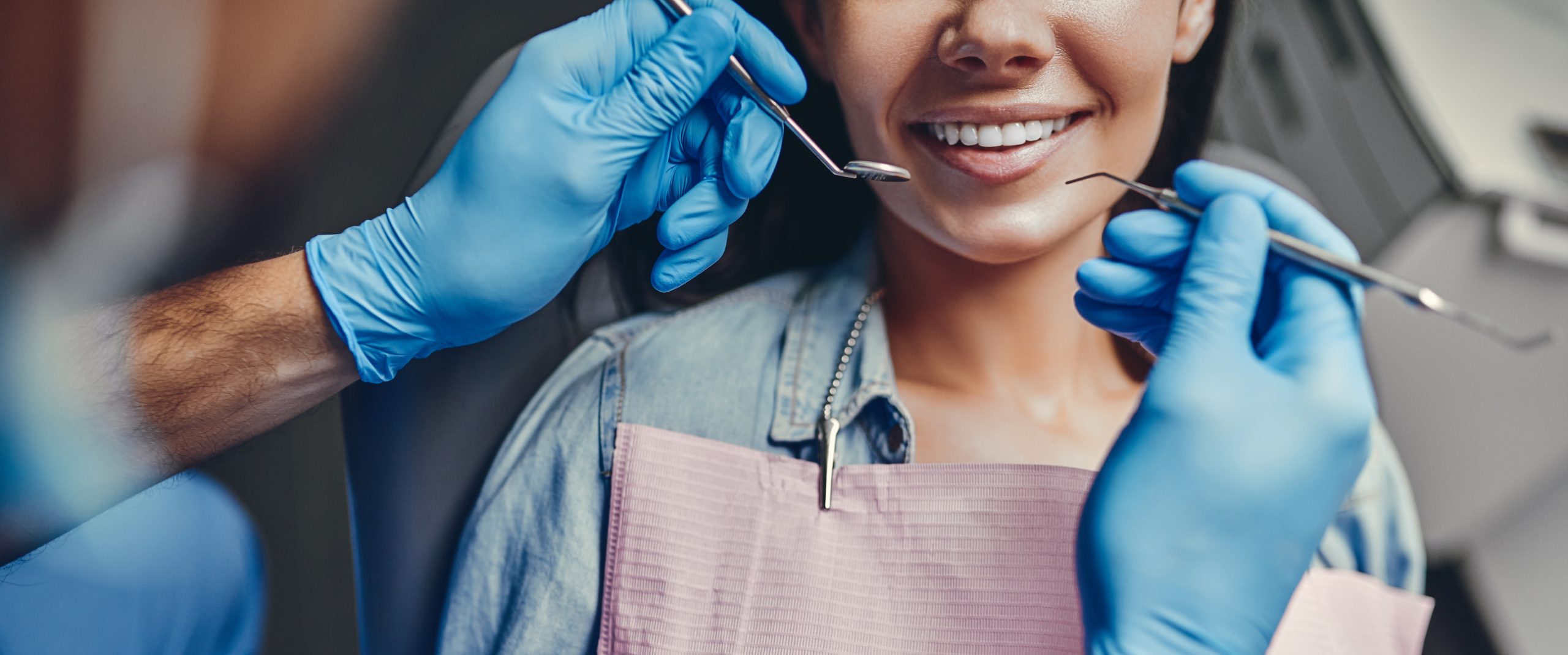Oral health pertains to the well-being of your mouth. It includes issues to do with your teeth, gums, tongue, and lips. Oral health has been said to be a good indicator of your overall well-being, health, and quality of life.
It has been estimated that about 3.5 billion people globally are experiencing oral health problems each year. Thus, it’s important to take care of your health if you don’t want to be a part of this statistic. The following are some habits you could develop for good oral health.

1. Eating Right
If you want to ensure a healthy mouth, it’s recommended to avoid processed and mushy foods. These, along with too many sugars, are said to be the number one food culprits for tooth decay and other oral health problems. Sugary food is believed to result in acids that erode your enamel and cause teeth problems.
Fresh crunchy food with lots of fiber, on the other hand, is recommended for your oral health. Food rich in essential vitamins is also great for boosting your immune system, including your oral health. For information about types of food that help protect you from some oral conditions, find out here.
2. Brushing Your Teeth Regularly
It may sound cliché, but brushing your teeth is an important way to practice good oral hygiene. Most people are accustomed to brushing their teeth in the morning before they leave for their daily business, but it’s recommended you brush your teeth at least twice a day: in the morning and before bed.
Brushing your teeth in the morning is vital as it rids your mouth of all the germs and bacterial acids that could have accumulated in your mouth during your sleep. Meanwhile, brushing before bed is equally critical because it deals with the sugars and plaque that accumulated in your mouth throughout the day. If you let plaque build up, it could lead to oral conditions, such as dental cavities and gingivitis.
3. Brushing Your Teeth Properly
Brushing your teeth twice daily could be futile if you don’t brush correctly. The recommended way to brush your teeth is to do it in a circular motion and gently. Brushing this way is believed to be the best way of removing plaque from your teeth.
When you brush your teeth, also remember to include your tongue. Otherwise, plaque may collect and build up in this part of your mouth. When your tongue is plagued with plaque, it could result in problems like bad oral odor and mouth sores. There’s nothing socially worse than a stinky breath.
4. Using The Right Toothpaste
Many toothpaste brands with different flavors and colors are out there, but one important thing they should share is their main ingredients. The most common toothpaste ingredient is fluoride, which is believed to be effective for fighting bacteria that cause plaque and tooth decay.
The toothpaste you use should not only clean your teeth but must also protect your enamel (the outer coating of your teeth). Enamel is said to be your teeth’s first line of defense from cavities. Therefore, you must protect it. Inquire with your dentist about other options and recommendations for the best toothpaste for your teeth.
5. Flossing Your Teeth
Some people might think flossing is meant to only remove bits of food stuck in between their teeth. It’s, however, a lot more than that. Flossing is said to be a great way of stimulating the gums and removing plaque that your toothbrush may fail to remove. It’s generally recommended to floss at least once a day.
6. Trying Some Mouthwash
Mouthwash could be a great adjunct tool to go with brushing and flossing your teeth. It doesn’t only refresh your mouth. It’s also thought to be good for fighting the plague in areas toothbrush and floss may have failed to reach. A mouthwash could also clean the rest of your mouth, including the space between your gums and inner lips.
Because there are many mouthwash brands and products available, it may be best to consult your dentist for the right one for you. Some mouthwash products contain antibacterial properties that could help prevent mouth sores and infections. Therefore, you should consider adding mouthwash to your list of toiletries for optimum oral health and hygiene.
7. Drinking Enough Water
Water has been proven to be good for your health, and that includes your oral health. When you drink enough water, your body becomes well hydrated, which helps with normal bodily functions. It’s typically advised to drink water after every meal to wash down bits of food that may be stuck in your mouth. A clean mouth has less chance of plaque infestation.
When you drink enough water, your mouth becomes well hydrated, too, which means you have enough saliva to keep your mouth fresh. Insufficient saliva could potentially lead to bad breath. Drinking water also has the advantage of washing away sugars that may build up in your mouth during the day. If you don’t take drinking water seriously, this might be a good reason to start.
Over And Above
Although your habits are essential for maximum oral health, there are oral issues you can’t deal with on your own. It’s best to visit a dentist at least twice a year to resolve such issues. These include professional cleaning, which gets rid of stubborn plaque and calculus. The dentist would also give you some much-needed checkups, which could nip any possible issues in the bud.
